In the back of a sleek Oakland dispensary, a small but growing revolution is taking shape—not in policy, not in politics, but in palates.
Here, customers aren’t just handed a pre-roll and sent on their way. They’re guided through the nuanced aromas of terpenes, the effects of cannabinoid ratios, and the subtle distinctions between cultivars—all by a certified Ganjier: cannabis’ answer to a sommelier.
Yes, you read that right. And no, this isn’t some gimmicky rebrand for a fancier budtender. The Ganjier is something entirely different. And as the legal cannabis industry continues its rapid climb toward an estimated $57 billion market by 2028, it’s a difference that matters.
So, What Is a Ganjier?
Think of a Ganjier as a cannabis steward—a certified expert who can evaluate, articulate, and guide the full spectrum of cannabis experience, from product selection to ritualized consumption. It’s not a self-appointed title. It’s a rigorous certification process, developed by The Ganjier Program, which includes:
- 40+ hours of advanced cannabis curriculum
- In-person assessments and service simulations
- Three-part exam including organoleptic (sensory) evaluation
- A $3,000 price tag and nearly a year of study
The result? A level of cannabis literacy that makes your average budtender look like a weekend hobbyist.
“It’s about helping people understand how a product will hit them and why,” says Jocelyn Sheltraw, one of only ~350 certified Ganjiers in the world and co-founder of Budist, a Yelp-like review platform for cannabis.
This isn’t just about flower or edibles—it’s about curating personalized experiences, akin to pairing the right wine with the right dish or the right mood.
- YouTubewww.youtube.com
Budtender vs. Ganjier: What's the Difference and Why Should You Care?
While budtenders are the frontline retail workers of dispensaries—often underpaid, undertrained, and overworked—Ganjiers are specialists. Think retail vs. ritual. Transaction vs. transformation.
| Role | Budtender | Ganjier |
|---|---|---|
| Training | Often informal/on-the-job | Formal certification program |
| Focus | Sales and compliance | Experience, effect, education |
| Interaction | Quick service, product-focused | Deep consultation, person-focused |
| Analogy | Bartender at a dive bar | Master sommelier at a Michelin-starred spot |
Consumers deserve both—but what’s been missing in cannabis is the layer of intentionality that transforms usage from routine into ritual. That’s where the Ganjier comes in.
Why It Matters in 2025 (and Beyond)
As cannabis becomes more mainstream, it’s also becoming more sophisticated. The consumer base is no longer just 20-somethings chasing THC. Today’s buyers range from wellness-seeking boomers to design-savvy microdosers. They want:
- Tailored guidance, not guesswork
- Experiential shopping, not transactional pushing
- Cannabis confidence, not intimidation
In that context, the Ganjier isn’t a luxury—it’s an essential evolution. Especially as low-dose beverages, culinary infusions, and terpene-forward flower become the new frontier.
“There’s a golden rule: start low, go slow,” says Jamie Evans, a former wine sommelier turned cannabis mixologist. Her infused strawberry hibiscus beverage is as much about conversation as it is about consumption.
This is cannabis 3.0: not stoner culture, not corporate weed—culinary, curated, and conscious.
The Blunt Take: We Don’t Need More Cannabis—We Need Better Guides
In a landscape still cluttered with inconsistent labeling, dubious lab results, and overhyped strain names, the Ganjier represents something sorely missing in cannabis: accountability and education.
This isn’t about elitism. It’s about empowerment. Imagine walking into a dispensary and having a real conversation about what you're seeking—whether it's creativity, focus, sleep, or a social buzz that won’t wreck your night.
That’s what Ganjiers provide: clarity in a cluttered market. And as the industry matures, roles like this won’t just be helpful—they’ll be essential.
So, the next time someone asks, “Why pay more for a curated cannabis experience?”—just ask them how much they’d spend on the right bottle of wine, the perfect cocktail, or a truly memorable meal.
Cannabis is culture. It deserves connoisseurs.
Want more deep dives like this?
Subscribe to The Bluntness —where we go beyond the buzz with smart takes on cannabis, psychedelics, culture, and commerce. No fluff. Just facts, fire, and fearless perspective.
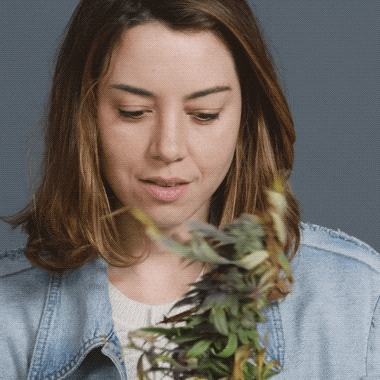









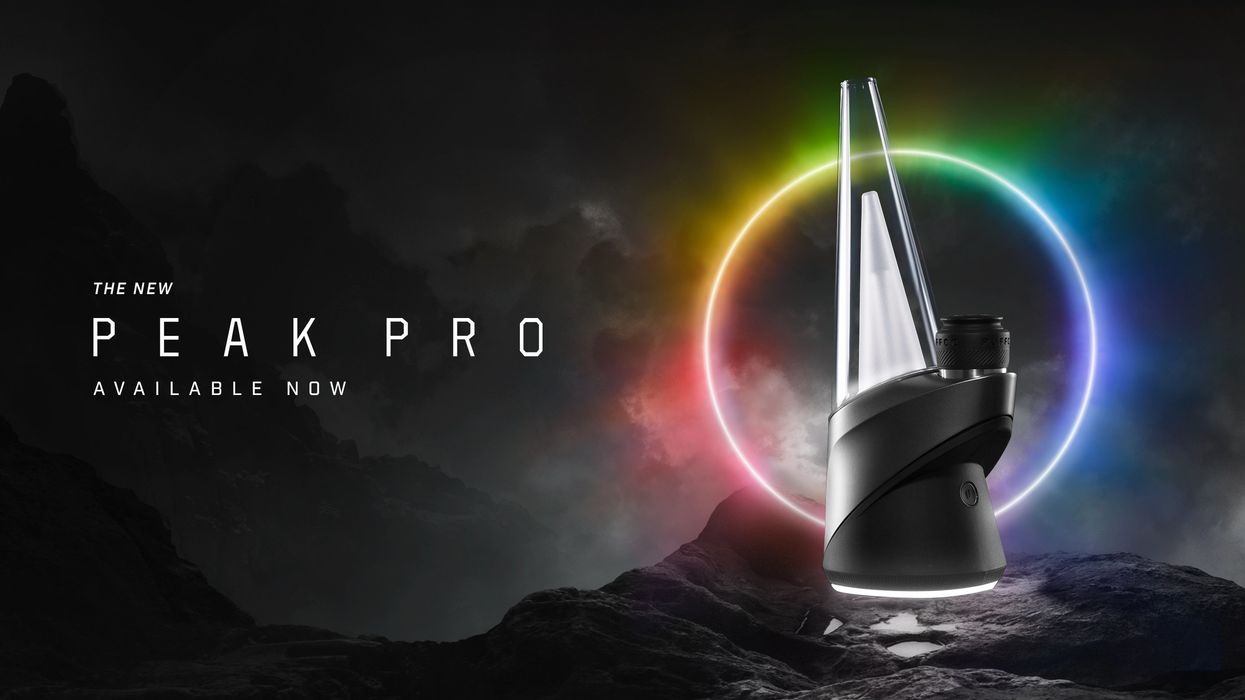


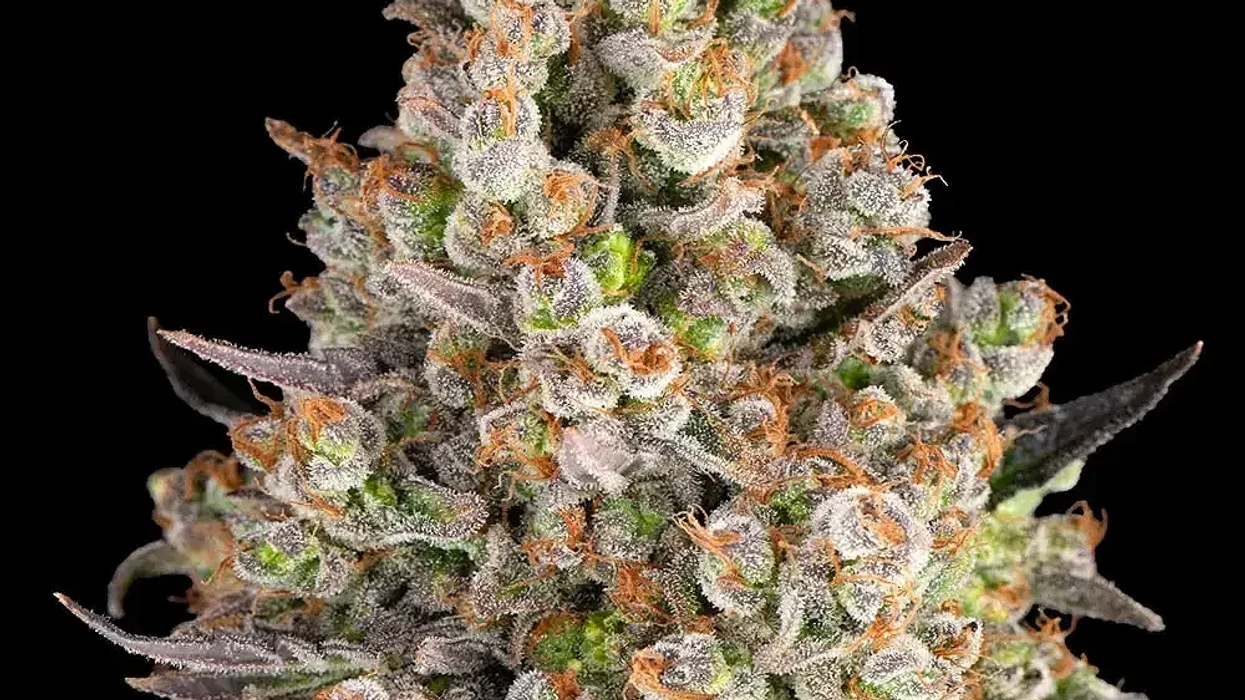
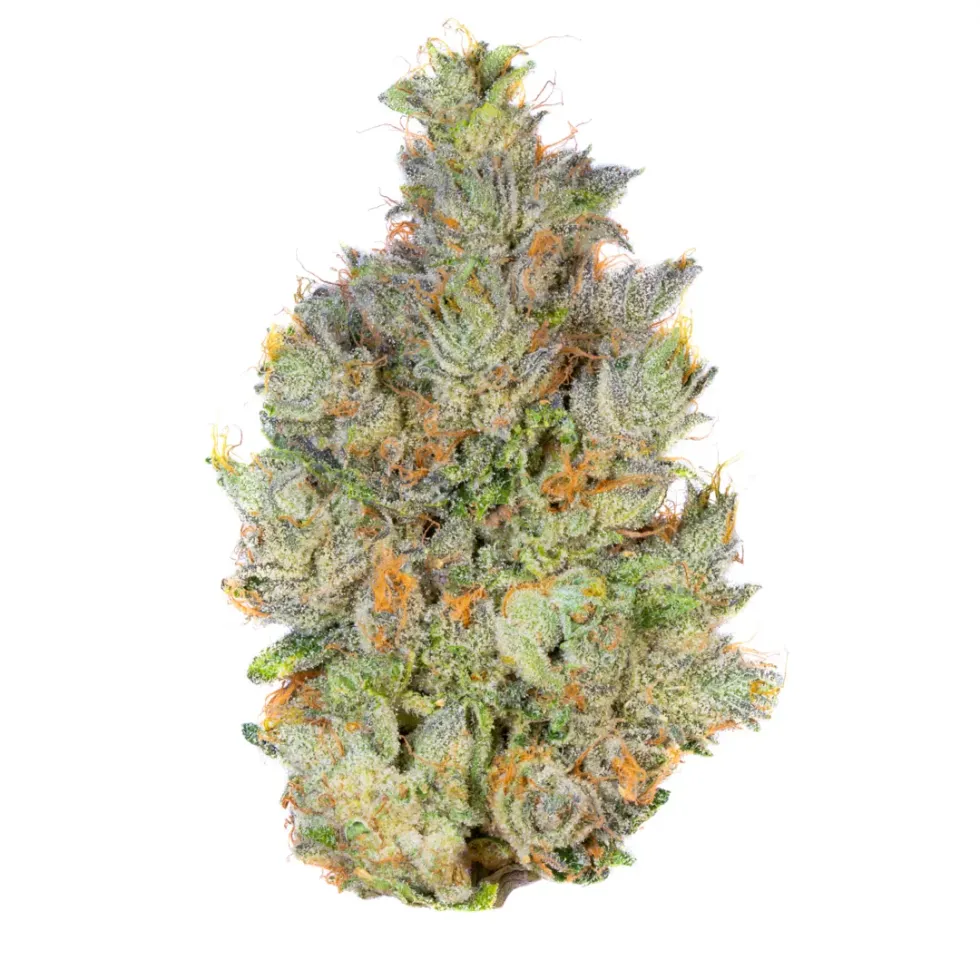 OG Kush Strain: The West Coast Classic That Defined a Generation - The BluntnessAlien Labs
OG Kush Strain: The West Coast Classic That Defined a Generation - The BluntnessAlien Labs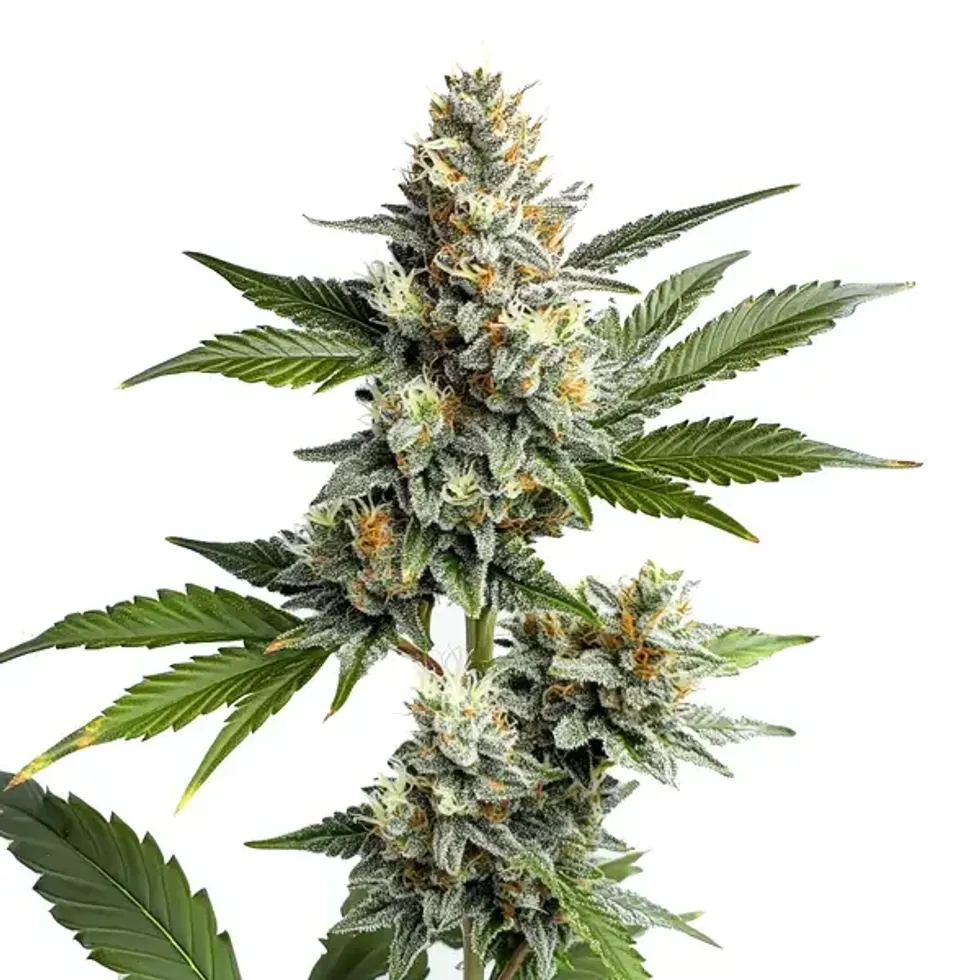 OG Kush Strain: The West Coast Classic That Defined a Generation - The Bluntness
OG Kush Strain: The West Coast Classic That Defined a Generation - The Bluntness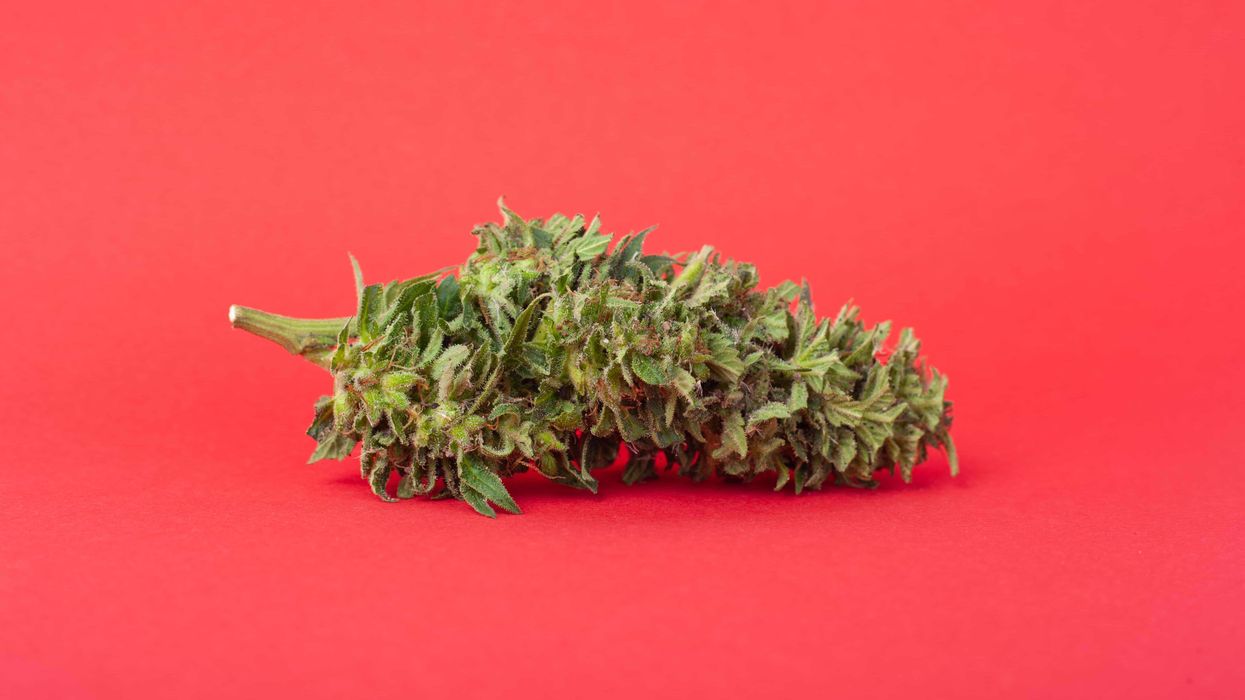
 Free Cannabis for Veterans and Those with Disabilities - The Bluntness
Photo by
Free Cannabis for Veterans and Those with Disabilities - The Bluntness
Photo by 
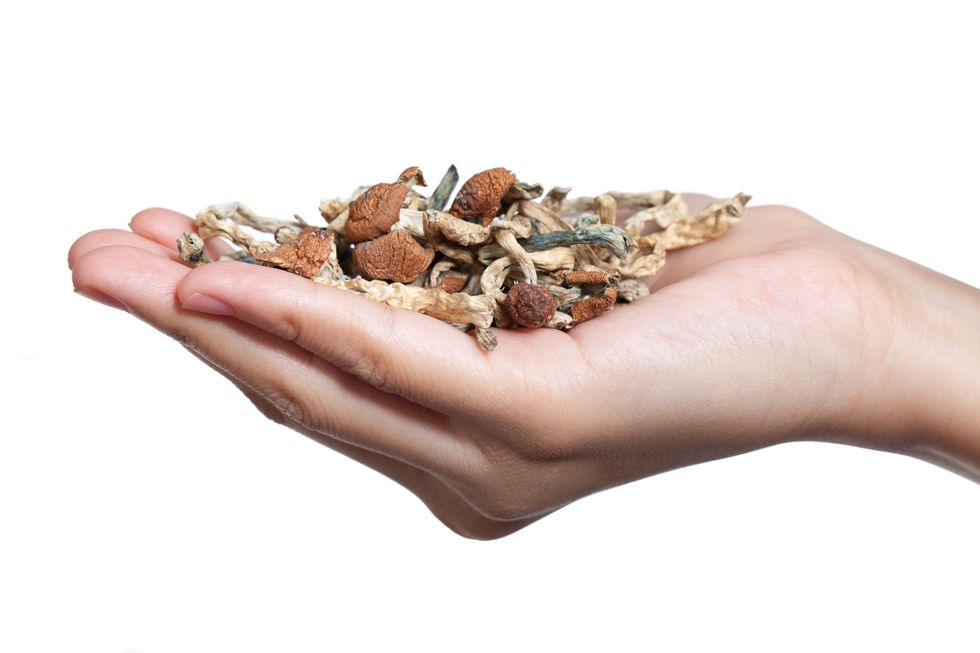 How to Make Mushroom Tea - The Bluntness
null
How to Make Mushroom Tea - The Bluntness
null
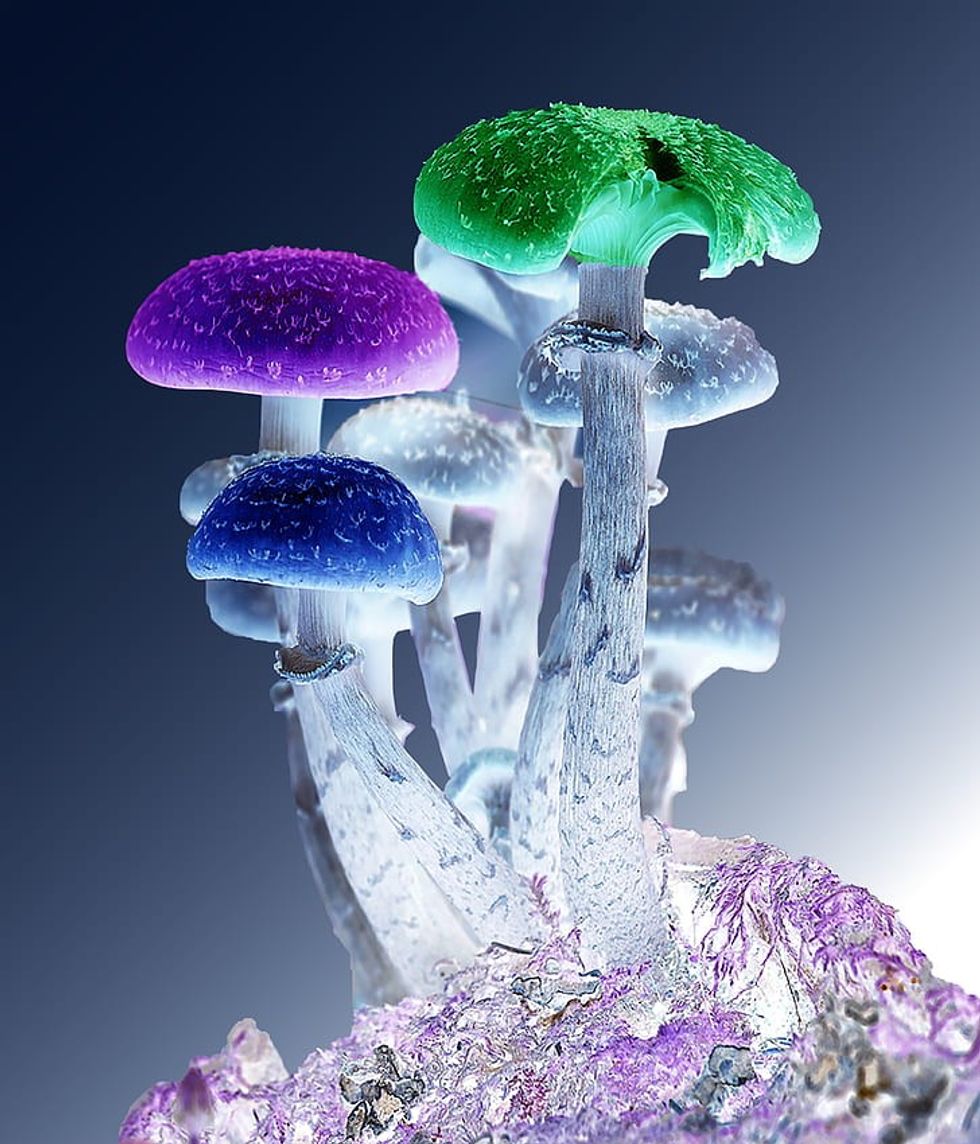 How to Make Mushroom Tea - The Bluntness
www.pickpik.com
How to Make Mushroom Tea - The Bluntness
www.pickpik.com
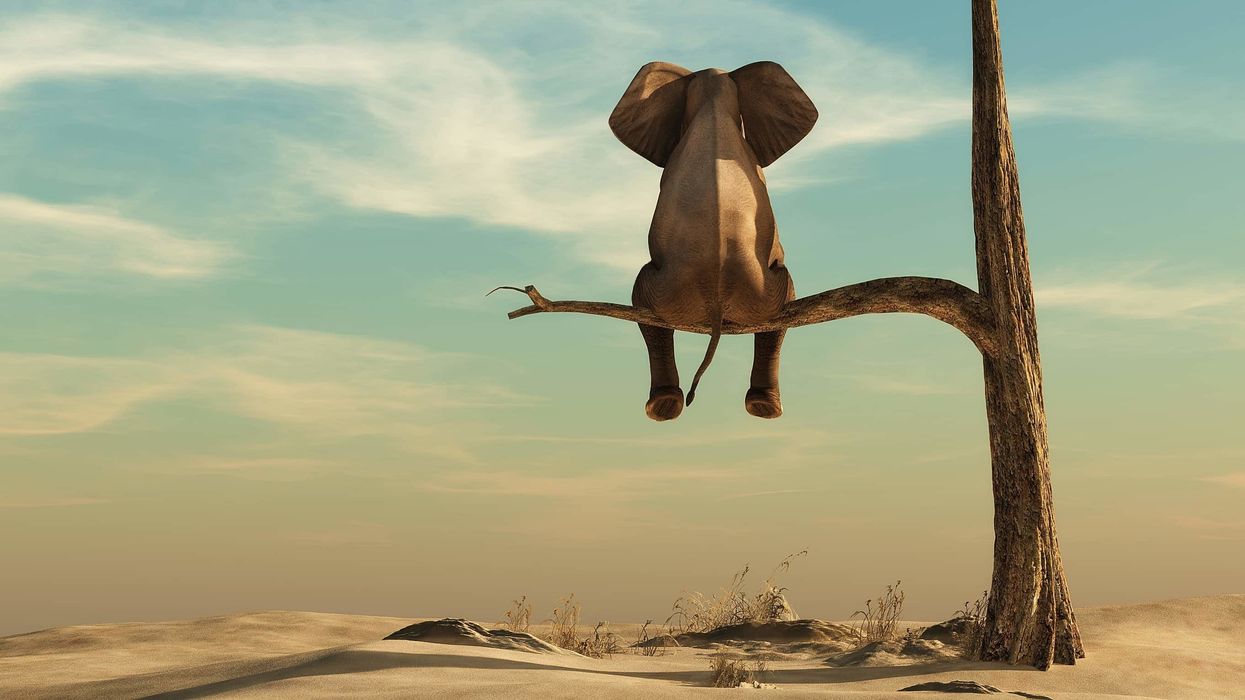
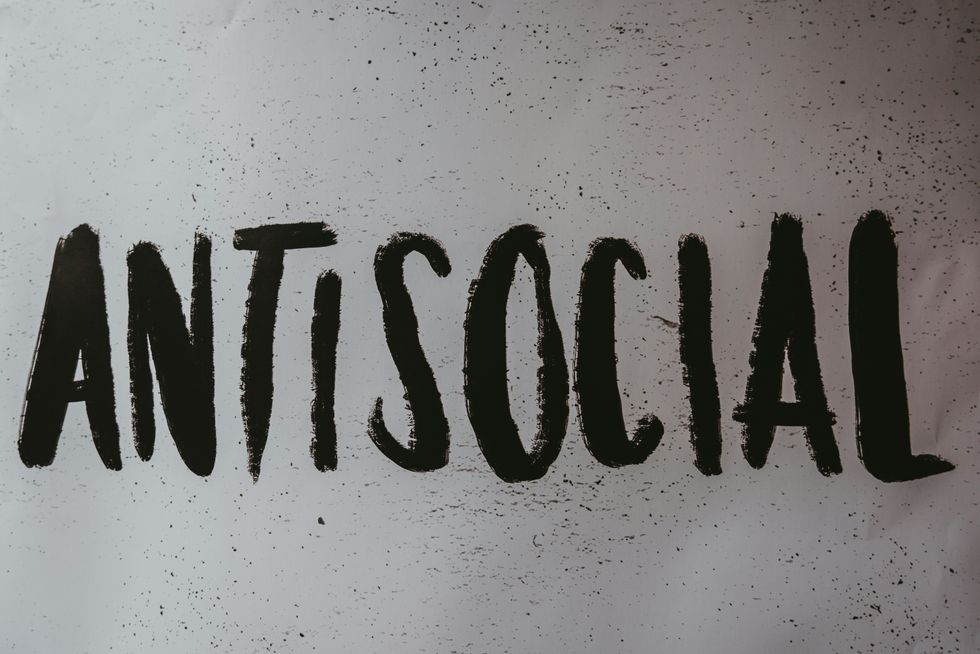 Recognizing the Signs of Antisocial Behaviors - The Bluntness
Photo by
Recognizing the Signs of Antisocial Behaviors - The Bluntness
Photo by  Weed Makes Me Antisocial: What To Do - The Bluntness
Photo by
Weed Makes Me Antisocial: What To Do - The Bluntness
Photo by